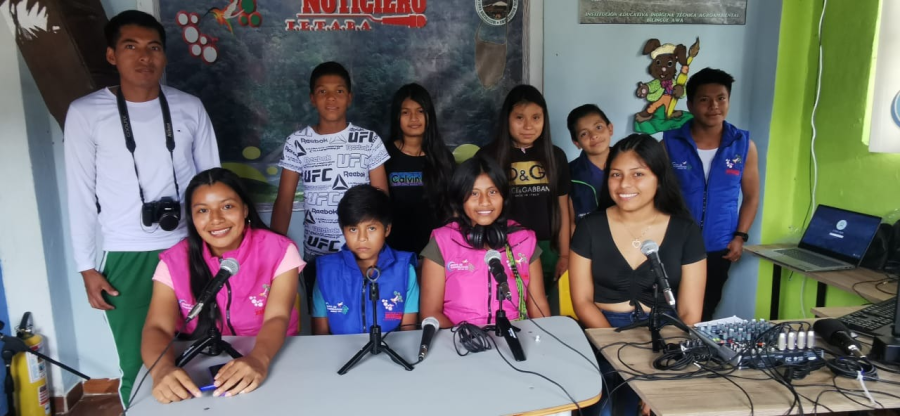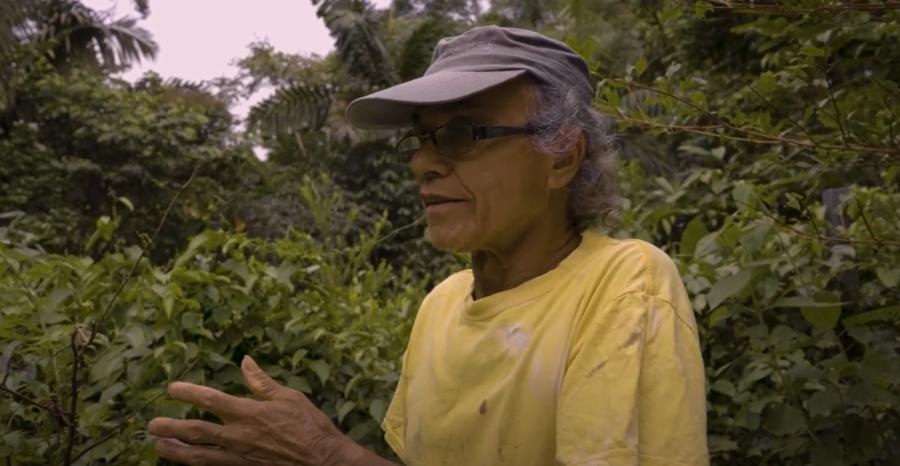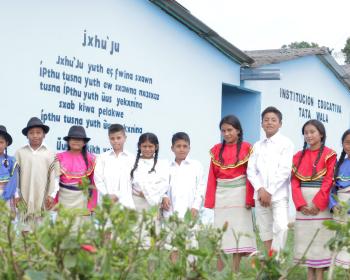In September a delegation of human rights experts from Europe, Latin America, the United States, and Canada, including representatives from the United Nations and the European Union, investigated the state of indigenous peoples in Colombia and issued a statement charging the government with crimes against humanity and other, lesser charges. The group, called the International Verification Mission on the Humanitarian and Human Rights Situation of Indigenous Peoples in Colombia, was organized by the National Indigenous Organization of Colombia. The delegation visited five regions of the country, where they interviewed people in indigenous communities and met with local civilian and military authorities. They also met with national government officials, members of the diplomatic corps, and UN agencies. In addition, they had access to academic research and expert testimony.
The group’s final report, issued October 3, found that, “Indigenous peoples (men, women, children, and their organizations) are currently victims of violations to fundamental human rights and crimes against humanity, such as political murders, mass and arbitrary detentions, torture and cruel treatment, forced disappearances, searches, unsubstantiated accusations, criminal investigations and groundless charges, ongoing checkpoints, and limitations to movement.” It accused the government of using informant networks, anti-riot squads, and military units to carry out violations of indigenous peoples’ rights. In addition, the report cited the effects of Colombia’s long-standing conflict between government soldiers, leftist rebels, and right-wing paramilitary groups. “Military checkpoints and controls are carried out in which indigenous persons are stripped of food, medicine, and other goods necessary for their survival,” the report said. “The illegal armed groups forcibly recruit indigenous young persons. All the armed actors have murdered indigenous men and women.”
In addition to these acts of violence and repression, the report cited the problems caused by large-scale development projects carried out on indigenous lands, including road-building, mining, dams and hydroelectric projects, and agricultural plantations. In addition to the physical damage caused by such projects, the delegation noted that this kind of development “breaks the natural and spiritual balance that indigenous peoples have maintained over the years, as well as adversely affecting health, productive and growing cycles, and the co-existence of the indigenous communities.”
The delegation concluded that in the past few years the situation for Colombia’s indigenous people had “worsened to the point of not only creating a grave humanitarian crisis, but also of threatening certain extinction,” and that, “the systematic nature of the violations to human rights and international humanitarian law—and the crimes against humanity—subjected upon indigenous peoples in Colombia prefigure a genocide against these peoples.”
Editor’s Note: Lindsey Wahlstrom, an intern at Cultural Survival, contributed to this report.



